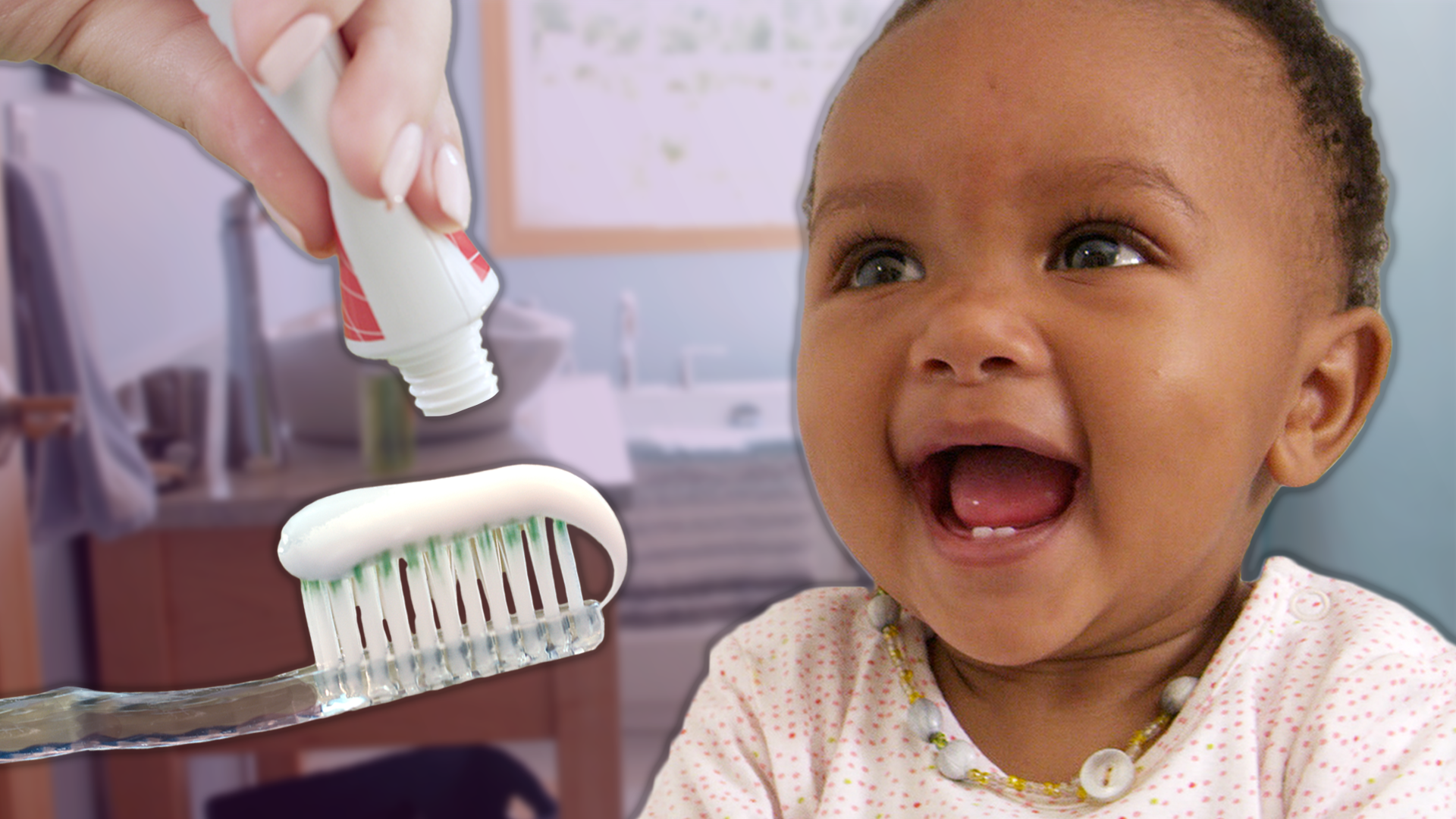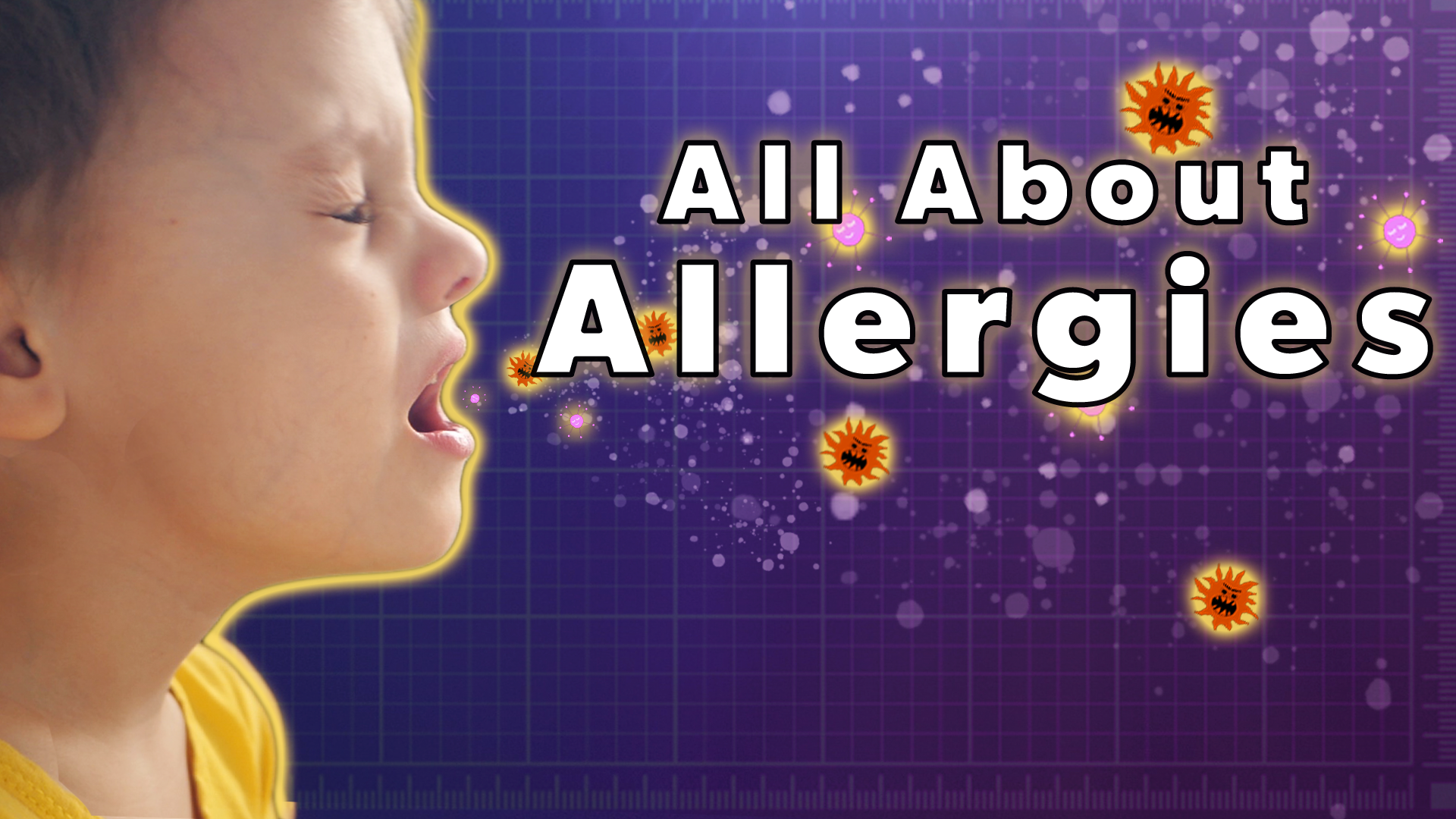Kids' Nightmares & Sleep Terrors: When to Worry
Have you ever put your little one peacefully to bed only to hear them crying out in distress later in the night? Dreams and nightmares, which occur during REM sleep, are a normal part of human brain activity—and they don’t stop as you get older.
Hosts Alok Patel and Bethany Van Delft offer an understanding of the frightening episodes your child may be experiencing when they go to sleep, so you can help your little one navigate through the night. Nightmares can be brought on by something a child sees during their waking hours, like a book, show, or movie. But they can also be related to trauma or brought on by life changes or a specific event.
Humans evolved to recognize that what they can’t see might hurt them, meaning many children are afraid of the dark. Now that we live in houses, apartments, and other types of shelters, a physical barrier between us and “whatever may be out there” exists. Young children may have a hard time distinguishing between what’s real and imaginary, making it challenging for many to grasp that what’s “out there” can’t get in—including that fictitious monster hiding under the bed.
How can you acknowledge that your child has fear and help them get through it? A night light and comforting toys may help, Bethany says. “As you’re helping your child get through something like sleeping in the dark or dealing with nightmares, you want to give them an element of control,” Alok adds.
Unlike nightmares, sleep terrors tend to occur during non-REM sleep. “Night terrors are these frightening reactions where kids can kick, thrash or scream for seemingly no reason,” Alok says. “They may have an elevated heart rate, sweating, or even dilated pupils.” Sleep terrors can be caused by caffeine, stress, new medications, or sleep deprivation. And while there’s no genetic proof that night terrors are hereditary, they tend to run in families.
If your child suffers from nightmares or sleep terrors, it’s worth checking whether something external or internal (i.e., a medication) is causing frequent sleep disturbances. (If your child is excessively tired during the day, you might want to contact their pediatrician.) Ultimately, the easier it is for your little one to catch some Zs, the easier it will be for you, too.
Subscribe to the YouTube channel and receive alerts when new episodes launch!

